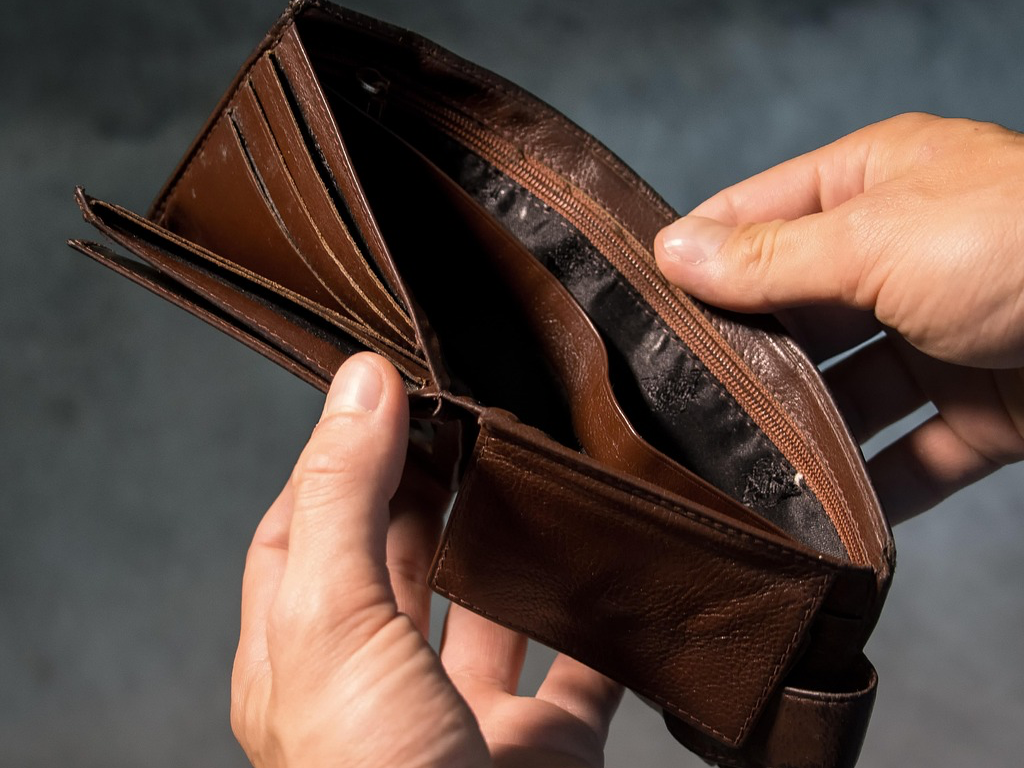The debate over whether or not it would be wise to abolish cash has been ongoing for some time. Some people argue that a cashless society would be more convenient and efficient, while others express concern about the potential drawbacks. In this article, we'll take a closer look at both sides of the issue to help you come to your own conclusions about whether or not it would be wise to abolish cash.
Table of Contents
The Convenience of Digital Payments
One of the main arguments in favor of a cashless society is that it would make transactions faster and more convenient. With digital payments, you don't have to worry about carrying around physical money or dealing with the hassle of writing checks. All you need is your phone or a debit card, and you can make payments instantly and securely. Digital payments also make it easier to track your spending and budget, because you can see a clear record of all your transactions.
The Potential to Reduce Crime
Another argument for a cashless society is that it could help to reduce crime. Criminals often rely on cash to carry out their illegal activities, because it is difficult to trace and can be easily hidden. By getting rid of cash, we could make it harder for criminals to operate, which could make our communities safer. For example, drug dealers and human traffickers often use cash to facilitate their illegal activities, and getting rid of it could make it more difficult for them to do business. Additionally, the use of cash makes it easier for terrorists to fund their operations, because it is difficult to trace and can be easily smuggled across borders. By moving to a completely digital economy, we could make it harder for these types of criminals to operate.

The Risk of Excluding Certain Groups
However, there are also some valid concerns about moving to a completely digital economy. One of the biggest concerns is that it could exclude people who don't have access to the technology required for digital payments. This could disproportionately affect older people, low-income individuals, and those who live in rural areas. For these individuals, cash may be the only payment option available to them, and getting rid of it could leave them stranded.
The Vulnerability to Cyber Attacks
Another concern is that a digital economy could be more vulnerable to cyber attacks. While digital payments are generally secure, there have been instances where hackers have been able to steal people's financial information or disrupt payment systems. This could lead to people losing money or having difficulty making transactions. In a cashless society, a cyber attack could have far-reaching consequences, because there would be no backup payment method to rely on.
The Final Verdict
In conclusion, there are both pros and cons to moving to a completely digital economy. On the one hand, a cashless society could be more convenient and efficient, and it could help to reduce crime. On the other hand, it could exclude certain groups of people and make the economy more vulnerable to cyber attacks. Ultimately, whether or not it is wise to abolish cash will depend on the specific context and the needs of the people involved.

